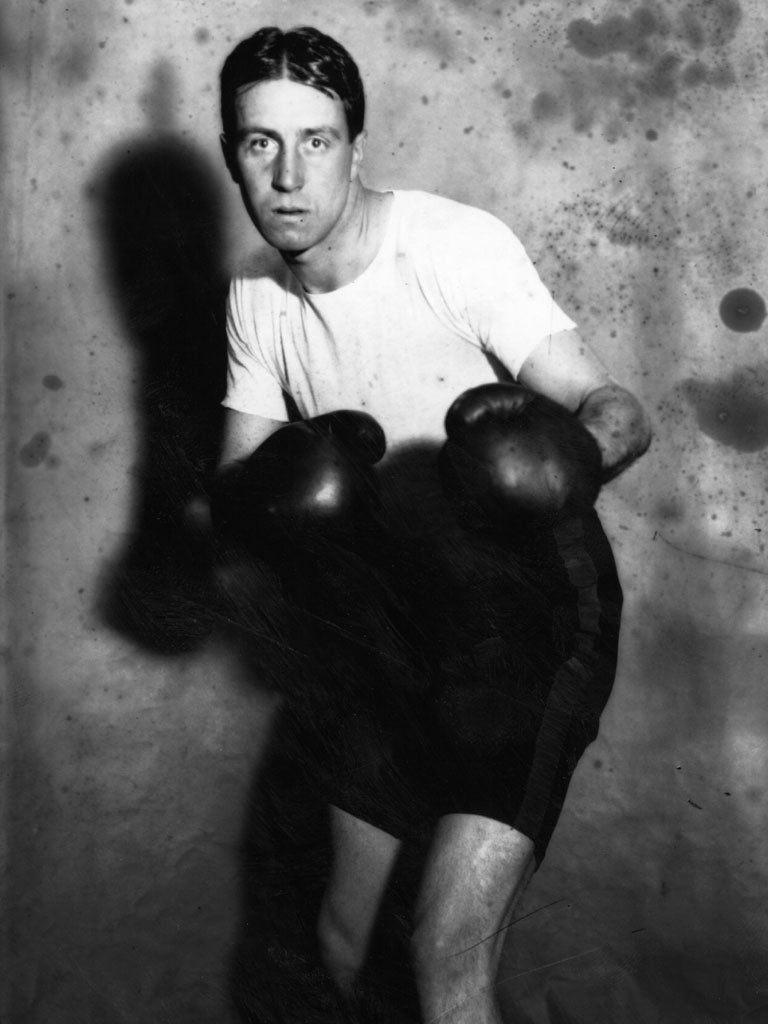On the Front Foot: South Africa seize chance for revenge – 88 years later

Your support helps us to tell the story
From reproductive rights to climate change to Big Tech, The Independent is on the ground when the story is developing. Whether it's investigating the financials of Elon Musk's pro-Trump PAC or producing our latest documentary, 'The A Word', which shines a light on the American women fighting for reproductive rights, we know how important it is to parse out the facts from the messaging.
At such a critical moment in US history, we need reporters on the ground. Your donation allows us to keep sending journalists to speak to both sides of the story.
The Independent is trusted by Americans across the entire political spectrum. And unlike many other quality news outlets, we choose not to lock Americans out of our reporting and analysis with paywalls. We believe quality journalism should be available to everyone, paid for by those who can afford it.
Your support makes all the difference.It took 88 years, but finally South Africa had their revenge. On their 1924 tour of England they were pushed from pillar to post, and the nadir arrived early in the Second Test at Lord's.
In reply to the tourists' 273 all out after winning the toss, England made 531 for 2. It was the highest total for the loss of only two wickets in Test history, and until last week at The Oval it remained so. The innings contained magnificent performances by some of the most illustrious players to have graced the English game.
Jack Hobbs made 211, the highest of his 15 Test centuries, and he and Herbert Sutcliffe shared an opening stand of 268, then the biggest of their partnerships, which they would surpass in Australia the following winter. When Sutcliffe was out he was replaced by Frank Woolley, the Kent left-hander whose name is still a byword for elegance. Woolley made the third of his five Test hundreds after Hobbs departed and Patsy Hendren added 50 not out in 55 minutes as England rattled along at 4.5 runs an over, almost twice as much as was frequently conventional.
England, led by Arthur Gilligan, who took five of the wickets, won by an innings and 18 runs. And so the two-wicket record stood until last week. It may well be more than 88 years before 637 for 2 is beaten.
Agincourt, Waterloo...
Any wander down memory lane this week must have a mention of you know what. It was on 20 August 1900 that cricket made its first and so far solitary appearance at the Olympic Games.
Great Britain won the gold medal in defeating France in Paris by 158 runs in what was then an extremely rare one-innings contest. Not that the teams comprised the premier players of the age. The winners were mostly players from the Devon and Somerset Wanderers, many of them old boys of Blundell's School. The silver medallists were not Frenchmen but a team of expatriates. A team of Blundell's old boys returned to Paris last week to recreate the fixture.
Of the 22 players who appeared in 1900, only two – Montague Toller and Alfred Bowerman – had played first-class cricket for Somerset. Toller played six matches and Bowerman just two. The Blundell's reunion side had a player of more distinction. Vic Marks, old boy of Blundell's and commentating institution, played in six Test matches.
Douglas the heavy hitter
Johnny Douglas should also be remembered in this week of all weeks. He was the man who led England to Ashes glory in 1911-12, replacing the ill Plum Warner. His reputation was dented after the First World War when England, suffering from the after-effects of the conflict, were heavily defeated by Australia. But Douglas was a superb all-round sportsman and one of life's most dogged individuals.
Not only did he play cricket for England but also represented the England Amateur football XI when it really meant something. And in the 1908 London Olympics he won a gold medal by defeating Australia's Snowy Baker in the middleweight boxing category. It was a clash of the all-rounders, for Baker also competed at those Games in the springboard diving competition and the 200m freestyle relay.
Douglas died in 1930, drowned at sea while trying to rescue his father after their ship had collided with another in heavy fog.
Swann didn't have his way
While only one England batsman scored a century with the bat at The Oval last week, four bowlers conceded 100 with the ball. The most expensive was Graeme Swann, who took 0 for 151 and is still five short of overtaking Jim Laker as England's leading off-spinning wicket-taker.
It is the 21st worst Test bowling of all time and the third worst for England after Pat Pocock's 0 for 152 against West Indies at Kingston in 1973-74 and Tich Freeman's 0 for 169 against South Africa at The Oval in 1929. Swann may be relieved not to have even the ground record.
Join our commenting forum
Join thought-provoking conversations, follow other Independent readers and see their replies
Comments